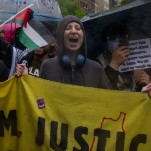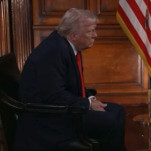Three Chicago Cops Charged With Conspiring to Cover Up Shooting Death of Laquan McDonald
LatestOn Tuesday, three current or former Chicago cops were indicted on charges of conspiring to cover up the fatal shooting of black teenager Laquan McDonald by a fellow officer nearly three years ago. The indictment reads that the cops attempted to, “conceal the true facts of the events surrounding the killing of Laquan McDonald,” according to the Washington Post.
-

-

-

-

-

-

-

-

-

-

-

-

-

-

-

-

-

-

-

-

-

-

-

-

-

-

-

-

-

-

-

-

-

-

-

-

-

-

-

-







































